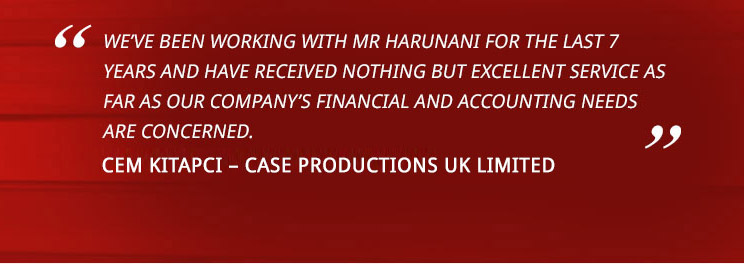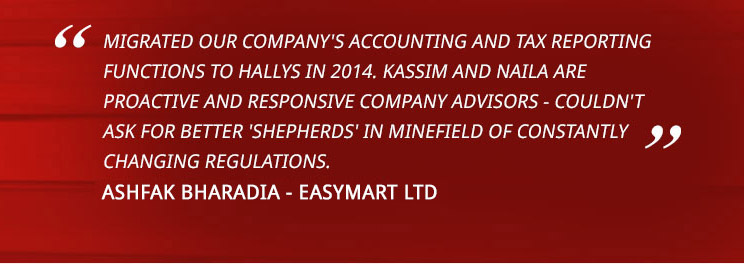The fairer private rented sector white paper published 16 June 2022, will ensure millions of families benefit from living in decent, well looked-after homes as part of the biggest shake up of the private rented sector in 30 years.
The white paper marks a generational shift that will redress the balance between landlords and 4.4 million private rented tenants. It provides new support for cost-of-living pressures with protections for the most vulnerable, and new measures to tackle arbitrary and unfair rent increases.
The majority of tenants enjoy safe and secure rentals, but for the 21% of private renter and households who currently live in unfit homes, this ‘New Deal’ will extend the Decent Homes Standard to the private sector for the first time, levelling up opportunities. This means homes must be free from serious health and safety hazards, and landlords must keep homes in a good state of repair, so renters have clean, appropriate and useable facilities.
So-called ‘no fault’ section 21 evictions – that allow landlords to terminate tenancies without giving any reason – will be outlawed. More than a fifth of private renters who moved in 2019 and 2020 did not end their tenancy by choice, including 8% who were asked to leave by their landlord.
Other measures published include:
- Helping the most vulnerable by outlawing blanket bans on renting to families with children or those in receipt of benefits.
- For the first time, ending the use of arbitrary rent review clauses, restricting tribunals from hiking up rent and enabling tenants to be repaid rent for non-decent homes. This will make sure tenants can take their landlord to court to seek repayment of rent if their homes are of unacceptable standard.
- Making it easier for tenants to have much-loved pets in their homes by giving all tenants the right to request a pet in their house, which the landlord must consider and cannot unreasonably refuse.
- All tenants to be moved onto a single system of periodic tenancies, meaning they can leave poor quality housing without remaining liable for the rent or move more easily when their circumstances change. A tenancy will only end if a tenant ends or a landlord has a valid reason, defined in law.
- Doubling notice periods for rent increases and giving tenants stronger powers to challenge them if they are unjustified. Giving councils stronger powers to tackle the worst offenders, backed by enforcement pilots, and increasing fines for serious offences.
In addition, the estimated 2.3 million private landlords will have greater clarity and support through the following measures:
- A new Private Renters’ Ombudsman will be created to enable disputes between private renters and landlords to be settled quickly, at low cost, and without going to court.
- Ensuring responsible landlords can gain possession of their properties efficiently from anti-social tenants and can sell their properties when they need to.
- Introducing a new property portal that will provide a single front door to help landlords to understand, and comply with, their responsibilities as well as giving councils and tenants the information they need to tackle rogue operators.
While the majority of private rented homes are of good quality, offering safe, comfortable accommodation for families, the conditions of more than half a million properties – or 12% of households – pose an imminent risk to tenants’ health and safety, meaning around 1.6 million people are living in dangerously low-quality homes, driving up costs for our health service.
The sector offers the most expensive, least secure, and lowest quality housing to millions of renters, including 1.3 million households with children and 382,000 households over 65.
According to government sources, rents are rising at their fastest level for five years, damaging life chances and holding back some of the most deprived parts of the country.















